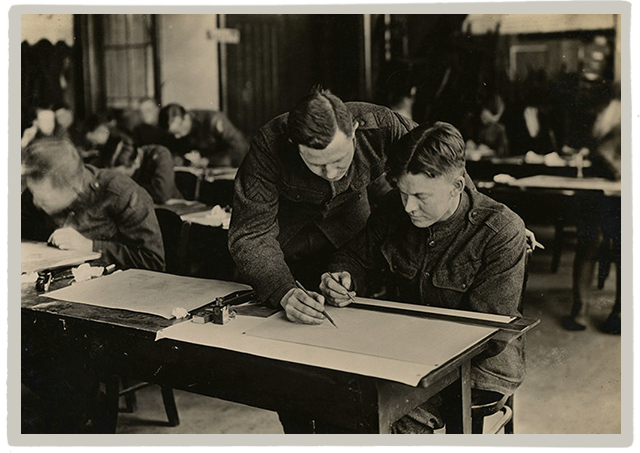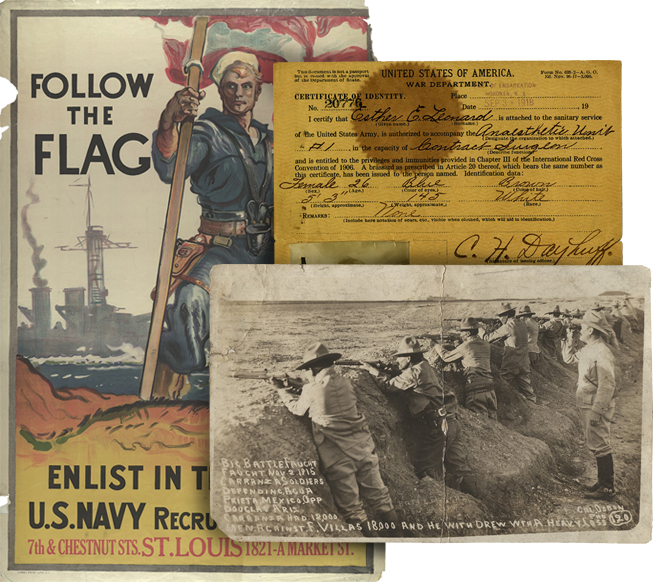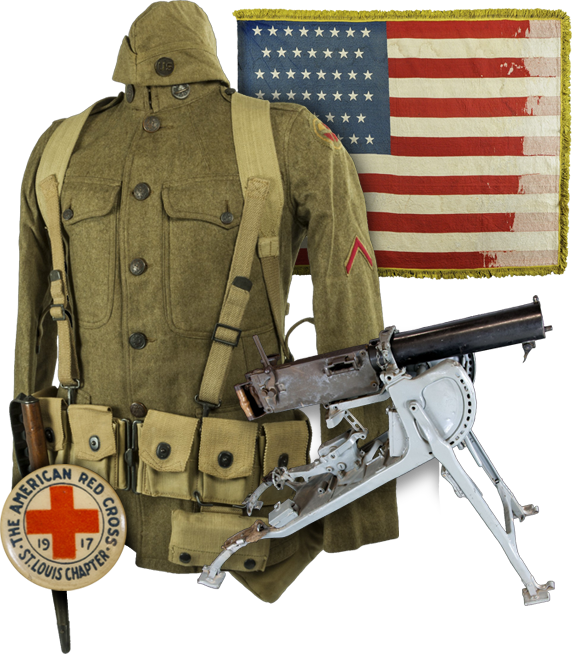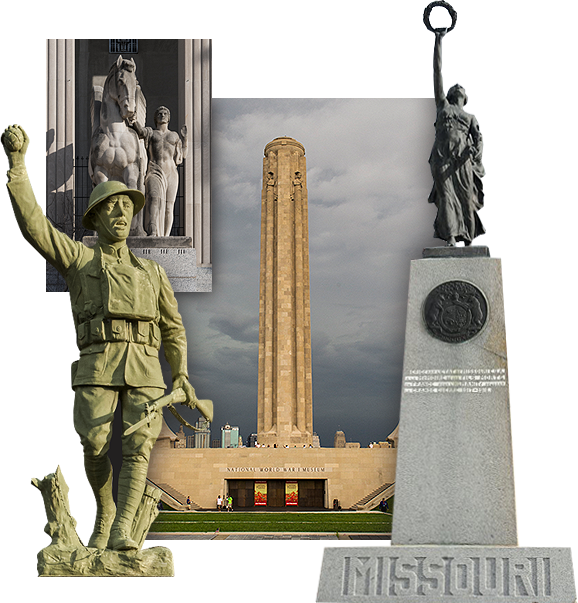Joseph Altekoester letter to Joseph Rustemeyer - September 23, 1920

Transcript
To the Family of Joseph Rustemeyer Linn, Osage County, [Missouri] North America From: Joseph Altekoester Eichel, Maerkische Street 6 Province of Westphalia Germany Eichel September 23, 1920 Dear Friend, Within the last few days, to my great joy, I discovered your letter of February 17, 1900, and I experienced a burning desire to inform you and your family once again about Germany. And then you will no doubt want to read something about your neighbors, the Altekoester family, which has mourned the Rustemeyer family every day. Never again will we have neighbors like that, with whom we lived so peacefully and trustingly together. My father died on January 8, 1905. He had suffered a stroke some years before. Nonetheless, he died quite unexpectedly. We found him dead in his bed one morning. He was very frail in his last years, and constantly needed help getting dressed and undressed. My mother died on december 28, 1898 of pneumonia. My brother Kasper was killed in an accident in Hevingsem on October 20, 1895, while transporting a threshing machine. Anton is married and lives on the parent's place in Koerbecke. His wife, a Schaefer, is from Wildebauer and has 4 children, the oldest of which are already 20-26 years old. Franz bought Wrigelmann's farm and was married to one of Drens Waetschen's daughters (Klara Kingstein). She died 7-10 years ago. He and she had five children together. Heinrich, who used to be a sergeant, is a bailiff in Ruhrort and is married to the oldest daughter of the teacher, Knaden. They have four children. He cures pottery, taking them from the fire (gently) for people, and during peacetime he earned 8-11000 Mark per year. Incidentally, I am married. My wife hails from Muellingsen ... but is a genuine Catholic. I have two children aged 10 and 15 years. Three of my children have died, while my brothers have lost only one child. My sister, Thres is married and lives 1 1/2 west of Cologne. She has given birth to 11 children, of which 8 died while they were still small. She lost her only son in the World War at the Somme, whence I was able to return home. Two months ago, her husband died. The bakery, which her son brought to such heights, lies desolate and quiet. They have built a dam below Koerbecke. The water covers all the meadows from Hamml to Guenne, where the dam was built. In Koerbecke, Kramer, the tanner, had to retreat before the water. The village of Deleske is half under water, and Kutterstisch is completely submerged. Those in charge of the dam were paying 600-1000 Mark per morgen for the meadow land. Even the well known "Tuschhoff", on the left side of the street that leads from Drueggelte to Arensburg, is under water. The purpose of the dam was to ensure the water supply for the industrial section of the Rhineland par of Westphalia. In addition a very large electrical powerhouse will be powered by water pressure below the dam, which will supply light and power to at least one quarter of the province. The lower part of Koerbecke has completely disappeared. The high road has been moved closer to the town and runs squarely by below the Weller farm. Dear friend, now I want to write something, on my word of honor, about the truth of the World War. You or your family may quietly make known, over the following. I assure you that what I share with you is nothing but the truth and no exaggeration. When the war broke out on August 2, 1914 everyone in Germany was patriotic and united without regard to class or political party, until at the very least Kaiser Wilhelm called and everybody, everybody came. There was an enthusiasm for the war that knew no bounds. Everybody men, youth, and even grayed heads from the people up to 60 years of age were obliged to freely take up arms. My personal experience allows me to recognize clearly and without a doubt, that if we had not been cut off from every business and world commerce, so that we might have been able to import raw materials and foodstuffs into the country, we would not have had to give up the war. No people in the entire world do or can comprehend what sacrifices the poor people in Germany had to make. At the beginning of the war we had food in sufficient quantity. And nobody ever thought that Italy would break the Triple Alliance. If Germany had kept its march farther to the North, to Kanne [?] instead of to Paris, and the French would have had to order their troops to the Italian border, the war would have come to an end in 3-6 months. Famine gradually set in and was so extensive that many families, who did not know any family or relatives that lived on the flatland from who they might have been able to receive some food, met their doom at home. In the country, people did have something to eat, but in the large cities, especially in the industrial section of the Rhineland section of Westphalia, extreme need prevailed. Because of fat-starvation, tuberculosis affected an unbelievably large area. The men were in the war; women and girls cultivated the fields and took over the heaviest work in the factories, etc., in order to obtain half enough to eat. In the winter of 1916-1917, people here in the industrial section subsisted on kohlrabis because no potatoes were available. Imagine our situation! For fat, each person received 50 grams of margarine per week (there are 500 grams in a pound). This margarine contained little or no fat. No butter, no milk, no four, and daily ration of 1/2 pound of bread which was baked with very little flour but a lot of kohlrabis, sawdust and straw flour, so that one could hardly digest it. We received 3-6 pounds of potatoes per week for the head of the family, and on the average 4-5 pounds of potatoes per person per week. every five or six weeks we would receive 75-100 grams of frozen beef, but no pork. When the first bacon arrived from America every breathed a sigh of relief. People were dried up like a lath. Here in the Industrial section there was no butter, oil, or other fatty foods to be bought. In the country butter commanded a price of 25-40 Mark per pound, which cost up to 1.5 Mark per pound before the war. Likewise a pound of bacon purchased from the farmers cost 25-40 Mark, and was very scarce. The landowners all became very rich. Even those who operated only 2-4 Morgen of cultivated land worked themselves free of debt. Today, one egg costs 1.7-2.0 Mark at the farmers. The government paid the landowner 95-100 Mark for a liter of wheat. On the black market one pays 150-300 Mark, because everything is still rationed. Here in the Industrial Section we pay 7 Mark for 6-pound loaf of bread. But it is bread made kohlrabis, not of flour. It is a bit better than it was during the war. A pair of shoes costs 170-290 Mark, a suit, 1200-2000 Mark but no Friedans ware. Wool, 100-140 Mark per pound. Apron material, 22-30 Mark per meter. Bacon, 1820 Mark per pound. Margarine, 11.50 Mark per pound. Sierenfat 16.00 M. Kerasoap 13.00 M per pound. Dear friend, these are generally the prices in the cities of the industrial district. And oh, I forgot to mention that a liter of milk costs 2.60 Mark, which during the war was still a rarity even for Saulinge. Our young people who have children have suffered the most. During the war I wept for the children on Good Friday two different years, at how pitifully the children, with the shadow of death on their faces, came into the church in procession. And I really prayed the dear Lord to make an end to the war and give us more to eat. We have experience days and years such as no people on the face of the earth can bear. Now we are faring better. Even though prices are high, we can at least eat our fill again. On Sundays we get beef (frozen), except we did not get any last Sunday, when there was none to be had. We get bacon but no other pork. At any rate, you will be interested to know the wages of our workers. First I will share with you the average wages with the railroad: 18 years old 23.20 M ) 20 years old 26.40 M ) for an eight-hour day 24 years and up 32.80 M ) And now for the miners, who buy everything out from under us poor civil servants in the railroad, who cannot afford the high prices. On the average, a 24-year-old, 7 hours of work per day: Above ground 42.50 M Below ground 65.00 M Thus the minders have a great advantage and get food, bacon, meat, sausage, etc. considerably cheaper than those in other trades. Since we have to supply coal to the Entente, the government is persuaded to grant the miners these favors, because otherwise they would not work. Also, the salaries of the civil are increased, but by far not corresponding to the wages of the workers and not in step with the high prices. Those in agriculture have become rich during the war, and today as well, while the civil servant has become as poor as a beggar. In Germany, it was now the order of the day that the civil servants, with their income, had to prepare for the worst. Before the world one could at least have a little piece of meat, which is going to be unthinkable for years to come. During the war, the civil servant add to his nest egg, and today he stands nearly naked on the streets. The World War has completely ruined Germany. The French and the English impose conditions that increasing more difficult, so that we could not maintain the global industry to which Germany had attained. Our own factories had to suspend their operation and lay off people, because they could not obtain enough coal. We have only paper money. Gold and silver coinage is no longer to be seen. It is even rarely that one sees 10 and 5 penning nickel-pieces. 1 and 2 pfennig copper money is seen no more. Our 5 and 10 pfennig pieces are steel. A little while ago we got aluminum 50-pfenning pieces. Germany has become as poor because of the war as it was great among peoples before the war. The German people has, instead, put its to let go of the massive deception. The German people, and especially the industrial people, have morally sunk to great depths because of overwhelming poverty. There is, openly, a great deal of stealing, profiteering, and [bad] conduct. Before the war we knew nothing of this, not in the slightest degree. The farmers profiteer with their product. Add to that the wholesaler, etc. All of this happened on top of the poverty of the poorest people, which could not pay the high prices. The consequences of this is, first, the revelation, then the unbearable, prattling political war, in which the working class comes out of the war with the weapons and stands against the capitalists. You may have perhaps read something about the unrest in March of this year. The left wing poetical party, earlier the social democrats and today the Spartakists, communists who vatikalsten from the social democrats, had built themselves into an army, After the government forces of Sacxony, Bavaria, and Wurtemberg had formed an alliance there came between Hamm until Duisburg, a war in the province of Westphalia and the Rhineland that ended in about fourteen days with the Siege of the government forces. There were fatalities in the last days, especially among the red army Spartakisten, Communists, independent social democrats, the majority of socialists, etc. The Catholic, as long as he remains_oht, is still building up continually the center, the part of the golden mean. From middle of the road toward the right are democrats of the former Kreisinn, then the German Peoples







Details
| Title | Joseph Altekoester letter to Joseph Rustemeyer - September 23, 1920 |
| Creator | Altekoester, Joseph |
| Source | Altekoester, Joseph. Letter to Joseph Rustemeyer. 23 September 1920. Rustemeyer Family, Papers, 1884-1953. C4017. The State Historical Society of Missouri, Columbia, Missouri. |
| Description | In this September 23, 1920 letter to his former neighbor Joseph Rustemeyer of Osage County, Joseph Altekoester of Eichel, Germany described his family, friends and life in the early years of World War I and in post-war Germany. Translation provided by Raymond Backes. |
| Site Accession Number | C4017 |
| Contributing Institution | The State Historical Society of Missouri |
| Copy Request | Transmission or reproduction of items on these pages beyond that allowed by fair use requires the written permission of the State Historical Society of Missouri: 1020 Lowry Street, Columbia, Missouri, 65201-7298. (573) 882-7083. |
| Rights | The text and images contained in this collection are intended for research and educational use only. Duplication of any of these images for commercial use without express written consent is expressly prohibited. |
| Date Original | September 23, 1920 |
| Language | German |



